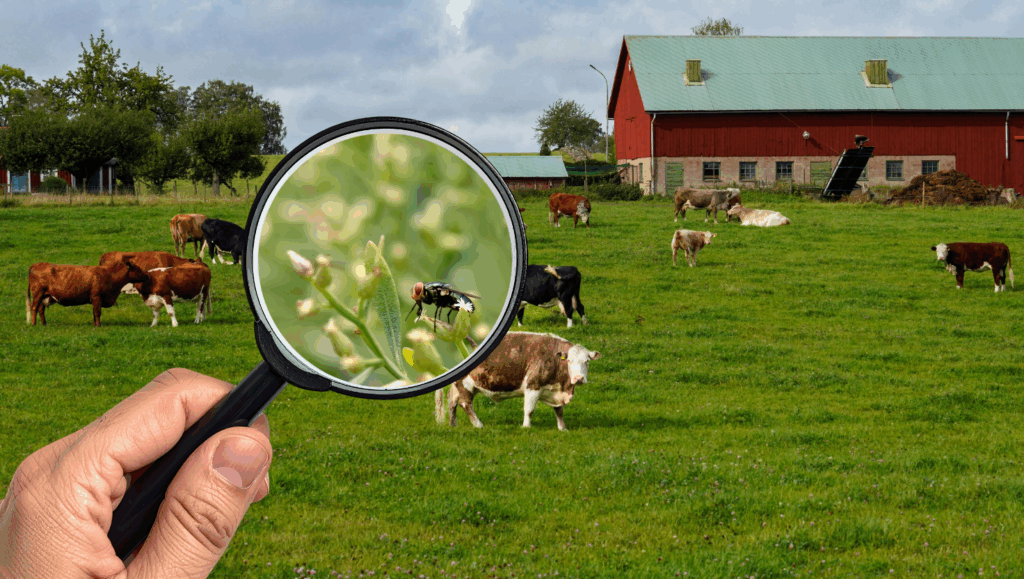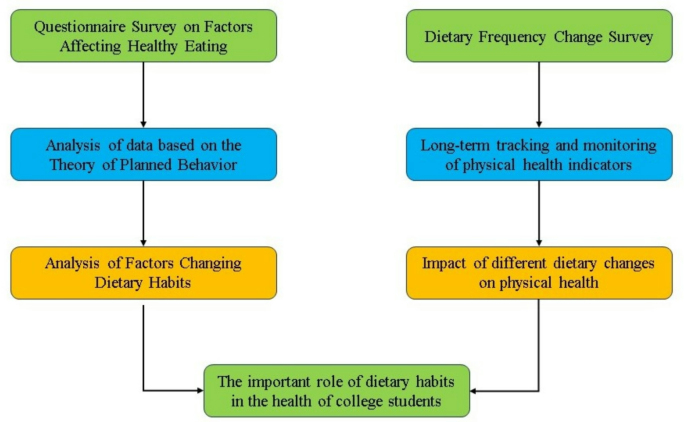Let’s act to address shortfalls in relationship, sex and health education in schools

A government consultation on sex and health education in schools gives an opportunity to shout about worsening health and wellbeing of children and young people, says Sharon White of the School and Public Health Nurses Association (SAPHNA)
The Department for Education (DfE) has published a consultation on revised guidance for relationship, sex and health education (RSHE), and this is causing concern for children families and a host partners, including school nursing.
RSHE is a subject taught, in many ways and varies in quality, at both primary and secondary school. Some use external agencies such as expert school nursing services and others deliver it ‘in house’. In 2020, relationships and sex education was made compulsory for all secondary school pupils in England, and health education compulsory for all pupils in state-funded schools. Last year, the Prime Minister and education secretary brought forward a first review of the curriculum following reports of pupils being taught inappropriate content in RSHE in some schools.
What is new in the updated curriculum?
The independent review panel advice, has led to the following changes:
- Age limits, to ensure children aren’t being taught about sensitive and complex subjects before they are ready to fully understand them.
- ‘Making clear that the concept of gender identity – the sense a person may have of their own gender, whether male, female or a number of other categories – is highly contested and should not be taught. This is in line with the cautious approach taken in our guidance on gender questioning children. ‘Along with other factors, teaching this theory in the classroom could prompt some children to start to question their gender when they may not have done so otherwise, and is a complex theory for children to understand’. The facts about biological sex and gender reassignment will still be taught’.
- A new section on transparency with parents, making it clear that parents have a legal right to know what their children are being taught in RSHE and can request to see teaching materials and/or ‘withdraw their child from sex education, but not from the essential content covered in relationships education’.
The DfE consultation is also seeking views on adding several new subjects to the curriculum, and more detail on others. These include:
- Suicide prevention
- Sexual harassment and sexual violence
- Loneliness
- The prevalence of ‘deepfakes’
- Healthy behaviours during pregnancy, as well as miscarriage
- Illegal online behaviours including drug and knife supply
- The dangers of vaping
- Menstrual and gynaecological health including endometriosis, polycystic ovary syndrome (PCOS) and heavy menstrual bleeding.
Age limits
The DfE has set out that subjects such as the risks about online gaming, social media and scams should not be taught before year 3 primary school:
- Puberty should not be taught before year 4, while sex education shouldn’t be taught before year 5, in line with what pupils learn about conception and birth as part of the national curriculum for science.
- Issues regarding sexual harassment shouldn’t be taught before year 7, direct references to suicide before year 8, and any explicit discussion of sexual activity before year 9 in high school.
There is some flexibility within the identified age ratings, as schools will sometimes need to respond to questions from pupils about age-restricted content as they arise.
In these circumstances, teaching must be restricted and limited to the essential facts without going into unnecessary details, and parents should be informed.
Is the guidance statutory?
Following the consultation, the guidance will be statutory, which means schools must follow it unless there are exceptional circumstances.
How do parents remain informed and involved?
DfE states that ‘this guidance has openness with parents at its heart. Parents are not able to veto curriculum content, but they should be able to see what their children are being taught, which gives them the opportunity to raise issues or concerns through the school’s own processes’.
SAPHNA (the School and Public Health Nurses Association), welcomes the Government review of the guidance, particularly the monitoring on the implementation of mandatory RSHE as is essential to ensure that guidance stays up to date.
We are committed to supporting this review. However, this must take into consideration the views of children young people, families and be based on sound evidence, research and local practitioner intelligence.
We know from the Sex Education Forum (SEF) survey of 1000+ young people aged 16 and 17 that there are significant gaps in provision in schools with several mandatory RSE topics covered inadequately or not at all. Only 40% of young people rated their RSE as good or very good.
There is clear evidence that RSE safeguards children and young people’s physical, psychosocial, and mental health. It contributes to tackling violence against women and girls, addressing the health disparities experienced by LGBTQ+ and other marginalised groups, improves sexual health, prevents teenage [pregnancies and results in earlier disclosure and help-seeking in cases of child sexual/online and criminal abuse.
The 2019, RSHE guidance received overwhelming cross-party Parliamentary support and the subject continues to have positive and consistent support from the public (YouGov Polling). School leaders gave their backing to mandatory RSHE, but many teachers still feel they haven’t received the training and support they need to teach the subject confidently, much due to the fact that the Government didn’t follow through with the investment they had promised. These needs addressing in the review.
A developmentally and age-appropriate approach to RSE is recommended; what this looks like in practice, underpinned by child development learning is essential for those delivering it alongside a suite of teaching resources.
Crucially, children and young people must be heard as part of the review process. As further identified in the recent Children’s commissioners report The Big Ambition, young people’s voices are often have absent in policy relating to them and has been woefully missing in the recent media and political interest in the review. The Government has a responsibility to involve the people whom this review will impact the most.
The safeguarding and health consequences can be severe when children and young people’s questions are stifled, and they turn to the ‘Wild West’ of the internet for answers.
We caution against approaches that prohibit information relevant to promoting physical, psychosocial, emotional health and which address inequalities.
Young people know what changes would improve RSE at school, highlighting the need for proper lesson time and trained, specialist teachers. ‘Young people identified open discussion as a format for RSE that they wanted more of, followed by exploring scenarios and real-life examples and considering different points of view (SEF, 2023). These discursive approaches to RSE depend on skilled facilitation from trained confident teachers.’
Parents and carers are crucial partners in providing effective RSE. Forty-two percent of young people surveyed (SEF, 2023) feel that schools are not informing their parents enough about RSE, and 23% of young people have received no RSE from parents (SEF, 2022). Many parents are looking for support to fulfil their role with RSE at home, so the review should include asking parents what they need in order to compliment schools teaching
RSHE is a sensitive area, and throughout history has often become a political hot potato which has been recently further fuelled by the publication of the controversial Cass review. We must never return to the past such as Section 28, which prohibited the teaching of LGBT+ relationships. The Government’s review must be fair, balanced and not for political gain.
The health and wellbeing of our children and young people is declining at a rapid pace, they are unhappy and deserve for this review policy to offer a framework where those delivering it are skilled to do so and able to offer open, honest, candid, age-appropriate and accurate information, and education. Only then will our children and young people be prepared for growing into healthy, happy young people and adults whilst fulfilling their full potential.
Are you a school nurse? For an opportunity to have your say and contribute to SAPHNA’s response, keep an eye on our website www.saphna.co and social media channels for an announcement soon of a targeted online webinar. School nurses are known, trusted, respected and valued by children, young people, families and schools. Pull up a chair, and let’s hear your rallying cry!
Sharon White OBE is chief executive officer of the School and Public Health Nurses Association (SAPHNA)
link







:max_bytes(150000):strip_icc()/EWL-best-no-added-sugar-drinks-to-hydrate-8675270-3x2_preview-c0d05cf54f864461ac848b3bc4b1f12f.jpg)
